Io and Europa repeat last week’s transit across Jupiter early this morning, with their two shadows in the lead.
Io and Europa cross Jupiter again…

Io and Europa repeat last week’s transit across Jupiter early this morning, with their two shadows in the lead.
Io and Europa cross Jupiter again…

Chris Kraus regards the late success of her first book, I Love Dick, with ambivalence. A work of autofiction, first published in 1997, it chronicles Kraus’s infatuation with a cultural theorist named Dick, a doomed, one-sided love affair that…

Key events
Joseph Gedeon
International journalists in Israel have called for reporters to be…

vivo today announced the official launch of the vivo Y21d, the latest addition to its Y Series lineup. Designed for young consumers and everyday users, the Y21d delivers long-lasting performance, dependable durability, and practical…

Existing data shows that the incidence of lung cancer has been significantly increased for few decades globally.1,2 Especially in developed countries, authoritative statistical data from China reported that lung cancer has become…

While India and Pakistan may differ on many fronts, one passion unites both nations: a love for gold. From weddings to festivals, gold plays a central role in celebrations. Yet, the price Pakistanis pay for gold far exceeds what is paid in India, reaching levels that are hard to imagine.
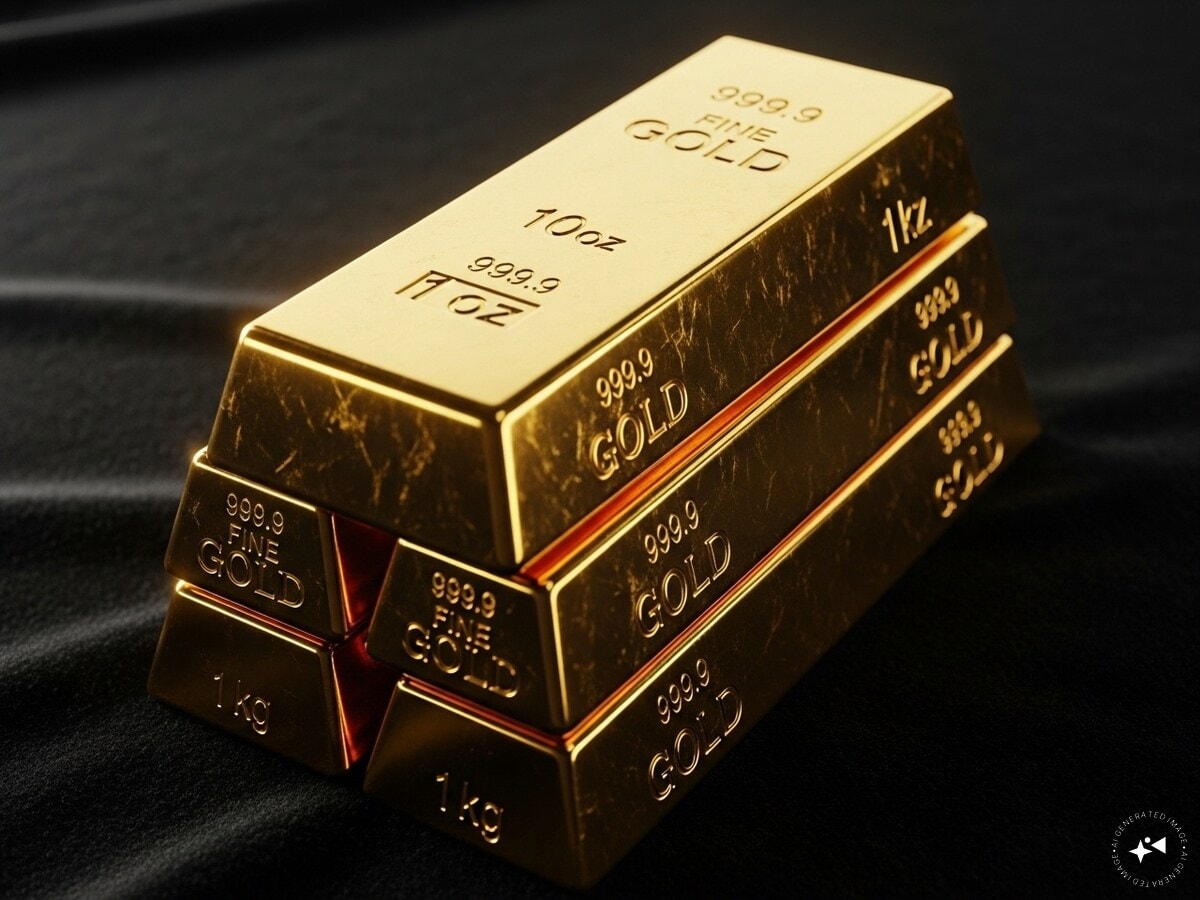
Recent reports indicate that the price of 10 grams of 24-carat gold in Pakistan is 430,500 Pakistani rupees. At such rates, purchasing gold would be prohibitively expensive for many.
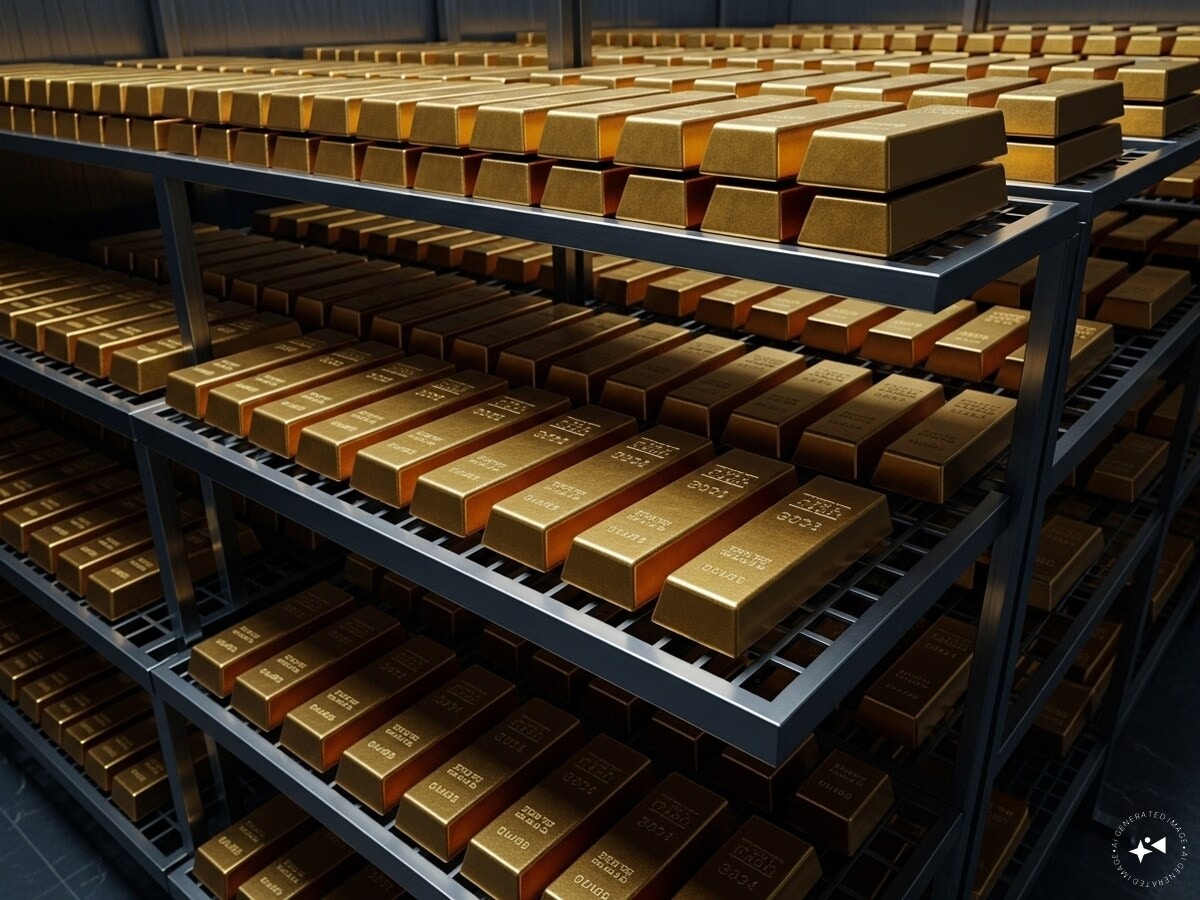
The Pakistani rupee is significantly weaker than the Indian rupee. Even after conversion, Pakistanis pay roughly Rs 13,000 more than Indians for every 10 grams of gold, making it considerably more expensive there.
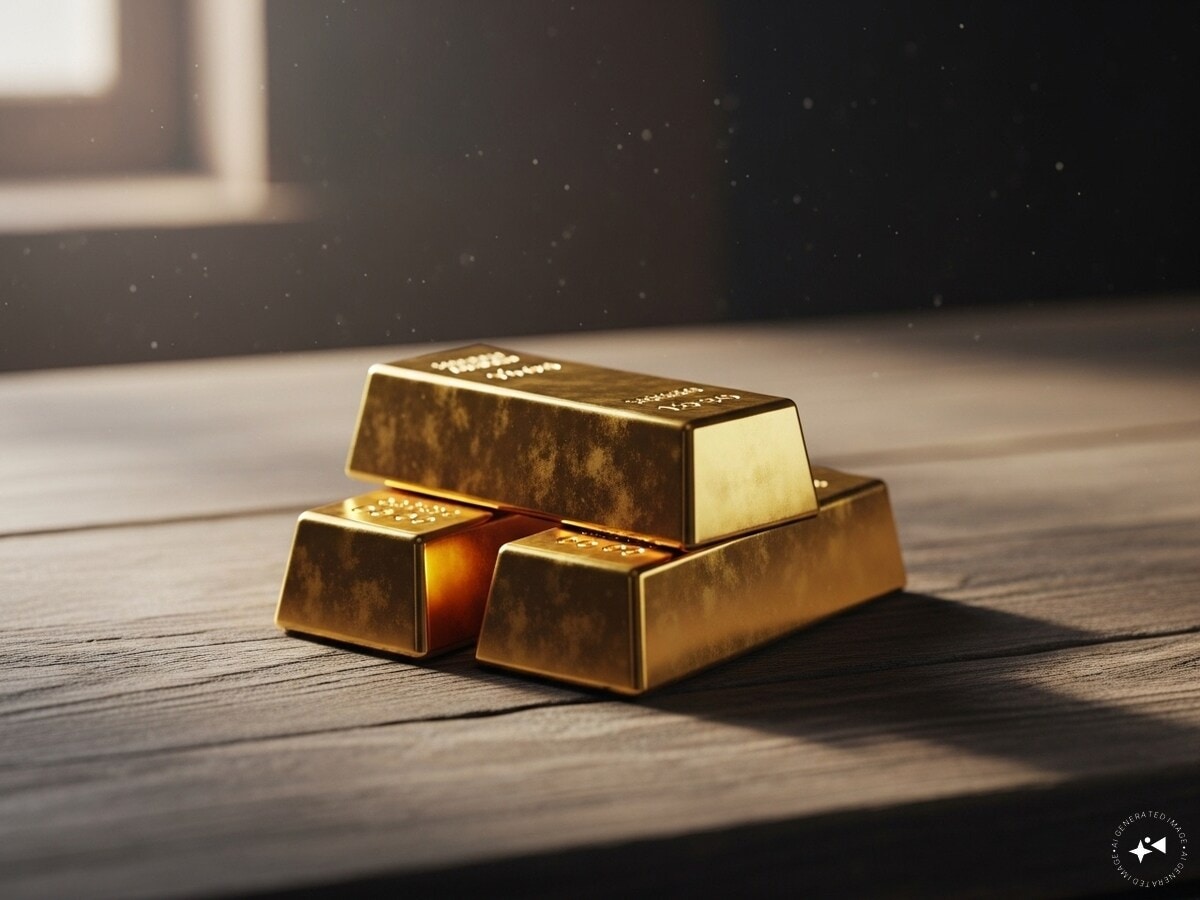
This naturally raises a business idea: “If we buy gold in India at lower prices and sell it in Pakistan, we could earn lakhs of rupees in profit.” The price difference makes such a venture seem highly lucrative.
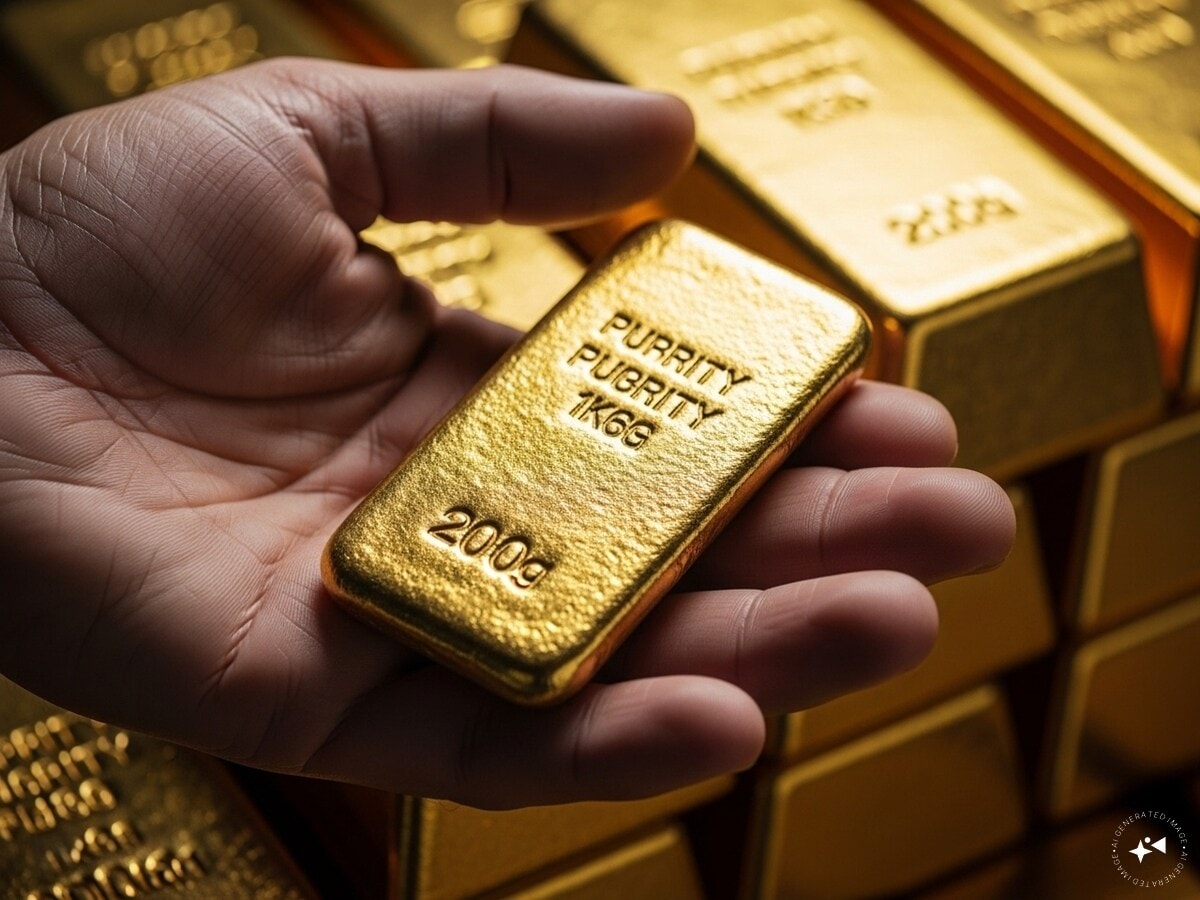
Though the idea sounds lucrative, it isn’t that simple. Exporting gold from India requires government permission, and taking it across the border without authorization is illegal and a serious criminal offence.
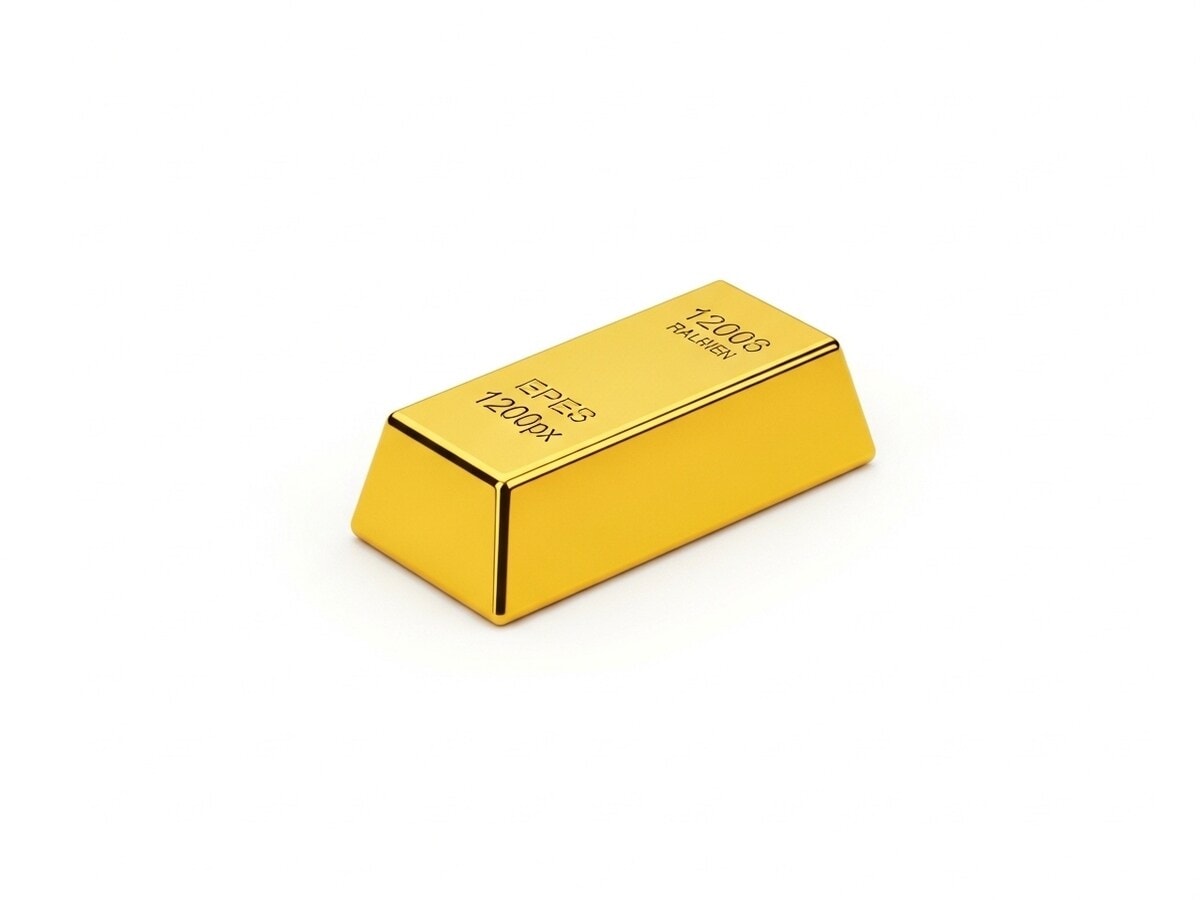
The situation in Pakistan is different. To stabilize their economy, the government often imposes bans on gold imports. Recently, a 60-day ban led to a shortage, driving gold prices sharply higher.
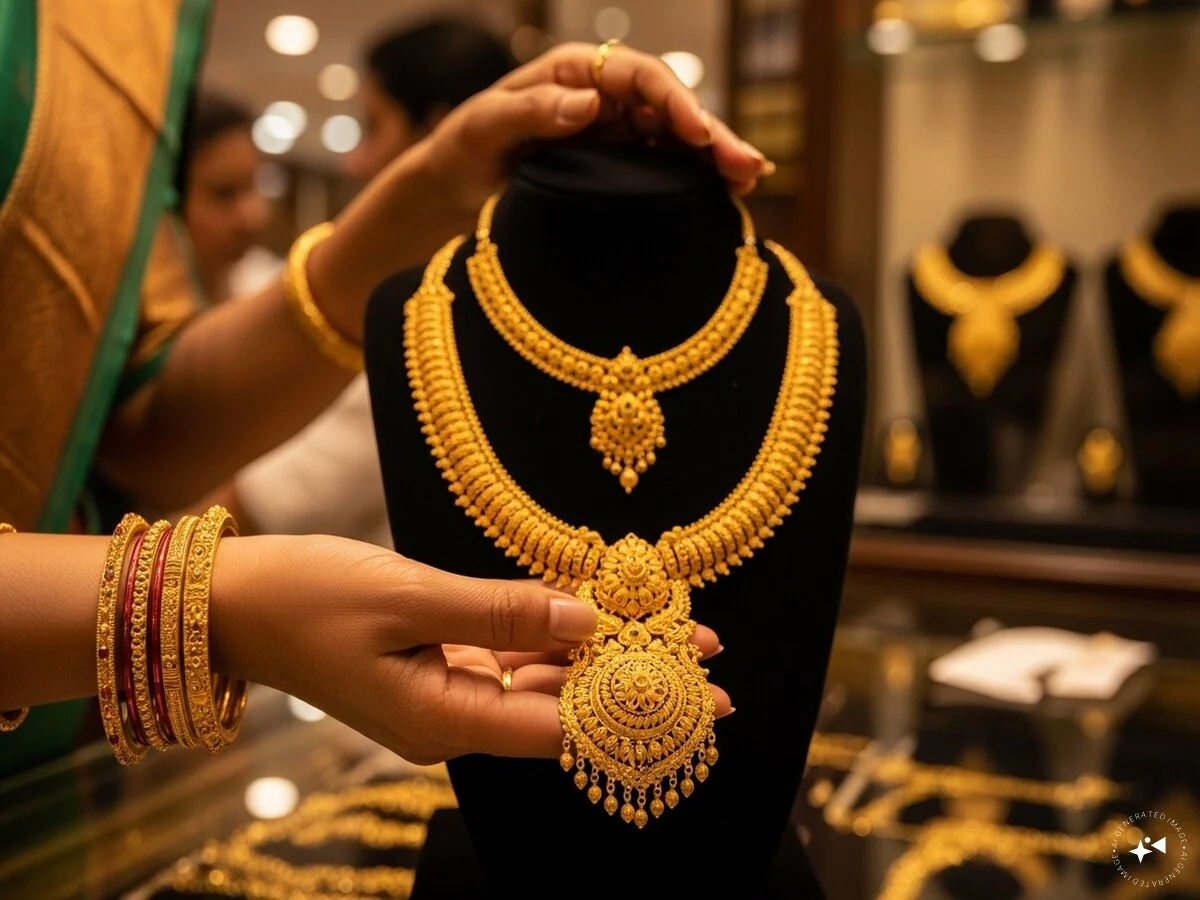
Thinking about smuggling gold would be a grave mistake. Illegally transporting gold is smuggling; if caught, the metal will be confiscated, the money lost, and one could face jail time, risking one’s reputation and livelihood.
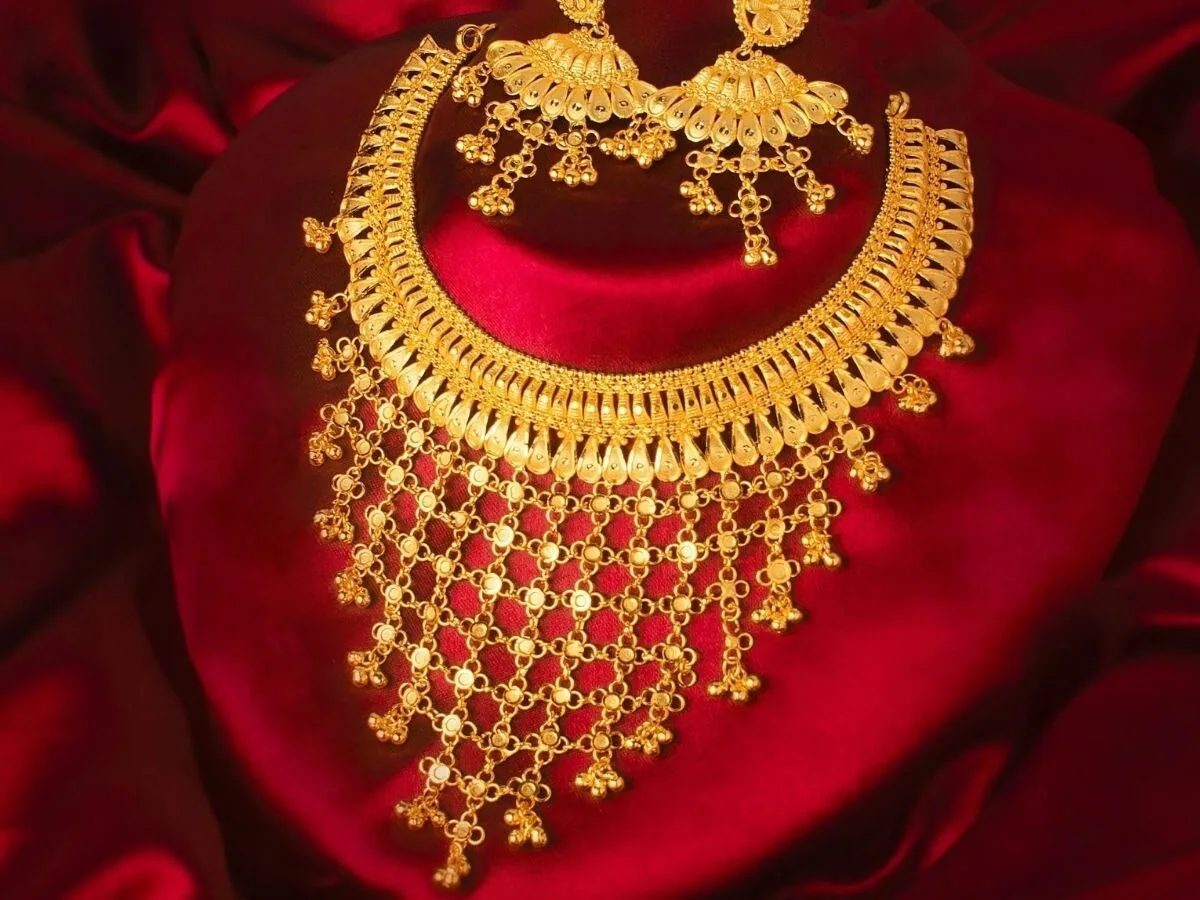
The low value of the Pakistani rupee is the main reason for this price difference, making it a relief that gold remains more affordable in our country.

NEW YORK, October 10, 2025 – The Goldman Sachs Group, Inc. (NYSE: GS) today announced that it has declared dividends on the following series of its non-cumulative preferred stock (represented by depositary shares, each representing a 1/1,000th interest in a share of preferred stock, except for the Series O Preferred Stock, the Series T Preferred Stock, the Series V Preferred Stock, the Series X Preferred Stock, and the Series Y Preferred Stock in which each depositary share represents a 1/25th interest in a share of preferred stock):
In addition, The Goldman Sachs Group, Inc. has declared a dividend of $1,300.04 per share of Perpetual Non-Cumulative Preferred Stock, Series E, and a dividend of $1,300.67 per share of Perpetual Non-Cumulative Preferred Stock, Series F.
The dividends on the Series A Preferred Stock, Series C Preferred Stock, Series D Preferred Stock, Series O Preferred Stock, Series T Preferred Stock, Series V Preferred Stock, Series X Preferred Stock, and Series Y Preferred Stock are payable on November 10, 2025, to preferred shareholders of record on October 26, 2025. The dividends on the Series E Preferred Stock and Series F Preferred Stock are payable on December 1, 2025, to preferred shareholders of record on November 16, 2025.
###
Goldman Sachs is a leading global financial institution that delivers a broad range of financial services to a large and diversified client base that includes corporations, financial institutions, governments and individuals. Founded in 1869, the firm is headquartered in New York and maintains offices in all major financial centers around the world.
Media Contact:
Tony Fratto
Tel: +1 212 902 5400
Investor Contact:
Jehan Ilahi
Tel: +1 212 902 0300

New billionaire